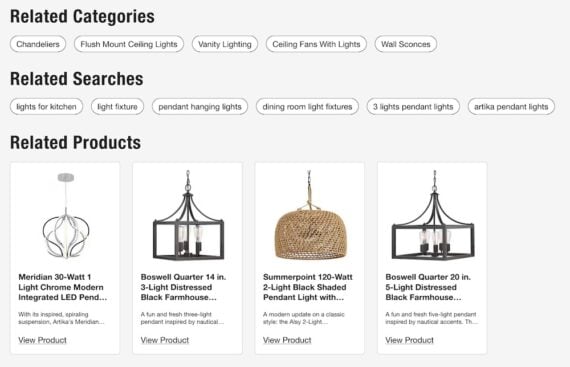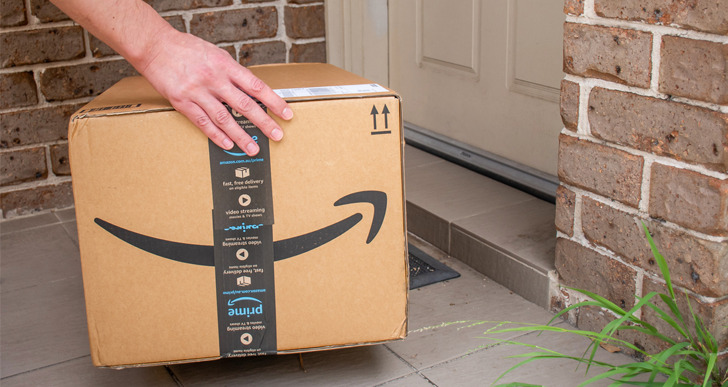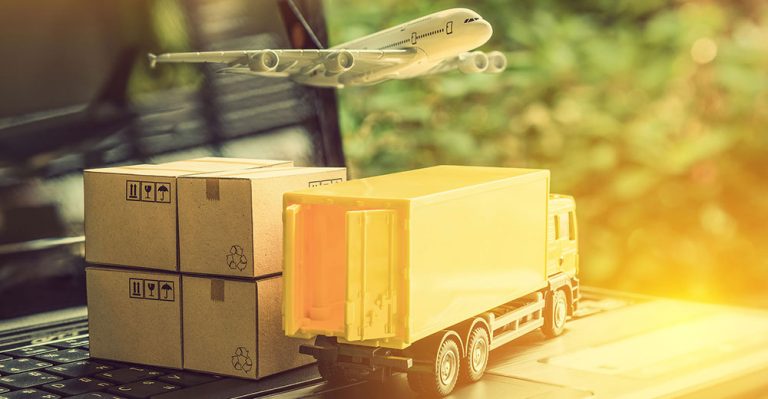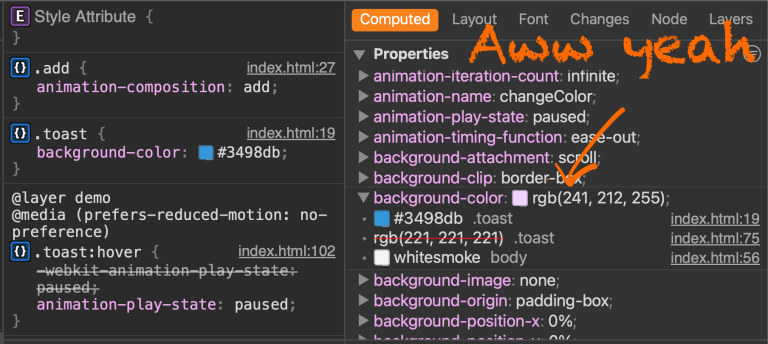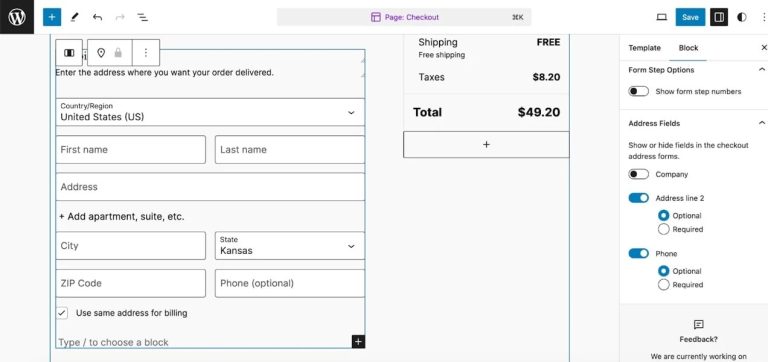
Before Brexit, merchants could sell cross-border into the U.K. and mainland Europe with relative ease. Both belonged to the E.U. It’s now more complex and expensive, with separate customs and taxes for each region — unless the shipments come from Northern Ireland.
Through a Brexit exception, fulfillment companies (and merchants) in Northern Ireland can ship to the U.K. and the E.U. with fewer complications. It’s been a boon to John Heenan’s Belfast-based 3PL, The Distribution Solution.
I met John years ago, pre-Brexit, when Beardbrand sold products in Europe via his company. We reconnected for this episode. He explained the nuances of selling internationally in the U.K. and the E.U. and how to streamline the process.
The entire audio of our conversation is embedded below. The transcript is edited for clarity and length.
Eric Bandholz: Give us a quick rundown of who you are.
John Heenan: I own a fulfillment business in Belfast, Northern Ireland, called The Distribution Solution, or TDS. We’ve been in business for 20 years. Before that, we were Travel Distribution Services, distributing printed travel brochures. Over the years, as the internet grew, we transitioned into ecommerce.
A big advantage of being in Northern Ireland is that, due to Brexit and the rules for Northern Ireland, we can trade in both the U.K. and the E.U. without customs complications.
When the U.K. voted to leave the E.U., the situation became complex for Northern Ireland. Being part of the U.K., we still maintain a border with the Republic of Ireland, which belongs to the E.U.
Northern Ireland remains in the E.U. customs union to avoid physical borders, which means businesses can operate freely in both markets. This is a huge advantage, as it allows companies to trade seamlessly between the two regions without dealing with customs duties or additional regulations. Companies not based in Northern Ireland would need separate fulfillment centers in the U.K. and the E.U.
Bandholz: Have new fulfillment companies emerged in Northern Ireland?
Heenan: There have been a few smaller, local operators. The larger corporations have hesitated due to political instability, including the collapse of Northern Ireland’s Assembly for nearly two years. Big companies tend to avoid places where political uncertainty exists. Despite that, some local entrepreneurs have capitalized on the opportunities. Becoming a fulfillment company isn’t as simple as owning a warehouse. The software and compliance requirements are substantial.
Within the U.K., you must register as a fulfillment house, which means adhering to various regulations. The U.K. government, for instance, inspects fulfillment companies to ensure value-added tax compliance.
In the E.U., VAT is around 20%, which applies to most ecommerce sales. Before Brexit, many sellers imported products from China and avoided VAT by slipping goods into the E.U. through local postal services. It created an unfair advantage, and local businesses in Europe complained. Every fulfillment house must now report customer details, including VAT registration numbers, to the authorities to ensure payment of taxes.
Bandholz: How should American businesses approach those challenges when selling in Europe?
Heenan: The process can seem complex, but it’s manageable if you take the time to set things up correctly from the beginning. We work with accountants to ensure everything is in order, such as getting an Economic Operators Registration and Identification number — “EORI” — for importing, exporting, and registering for VAT. Once that setup is complete, it’s relatively straightforward. Europeans love bureaucracy, so you need to embrace it like a checklist. We guide you through the necessary steps.
The setup process can take a couple of months. But once everything is in place, it’s smooth sailing. You can’t start shipping goods without a VAT number because you need it to reclaim VAT on imports. For example, if you import £1,000 of goods and pay £200 VAT, you can reclaim that VAT against your sales.
Bandholz: What fulfillment costs and timelines can brands expect when shipping from Northern Ireland?
Heenan: There are a lot of variables, but I’ll give you rough estimates. You’re looking at around $2 per shipment for picking and packing. Shipping costs depend on factors like weight and location. For example, within the U.K., small packages can cost around £3-£4 [$3.75-$5] to ship and usually arrive within 48 hours. Shipping to Europe can range from £8-£12 [$10-$15]. One advantage of being in Northern Ireland is that shipping to the Republic of Ireland is much cheaper than other parts of the U.K. or Europe.
Bandholz: How do you typically bill American companies for fulfillment services?
Heenan: We bill in pounds sterling. However, it’s not much of an issue for American clients because they’re selling in either sterling or euros in Europe, which offsets the need for constant currency conversions. That said, the strong dollar could make it advantageous for some American companies to convert.
Costs in Europe are significantly higher than in the U.S. Labor costs, for instance, are about 50-100% higher. By law, employees get at least five and a half weeks of paid leave annually. However, companies selling in Europe can often command higher prices to offset those costs. We have clients who buy certain goods in the U.S., but after factoring in exchange rates, duties, and taxes, the final price often evens out.
Bandholz: How can people get in touch with you?
Heenan: Our website is TheDistributionSolution.co.uk. You can contact me there. I’m also on LinkedIn.
